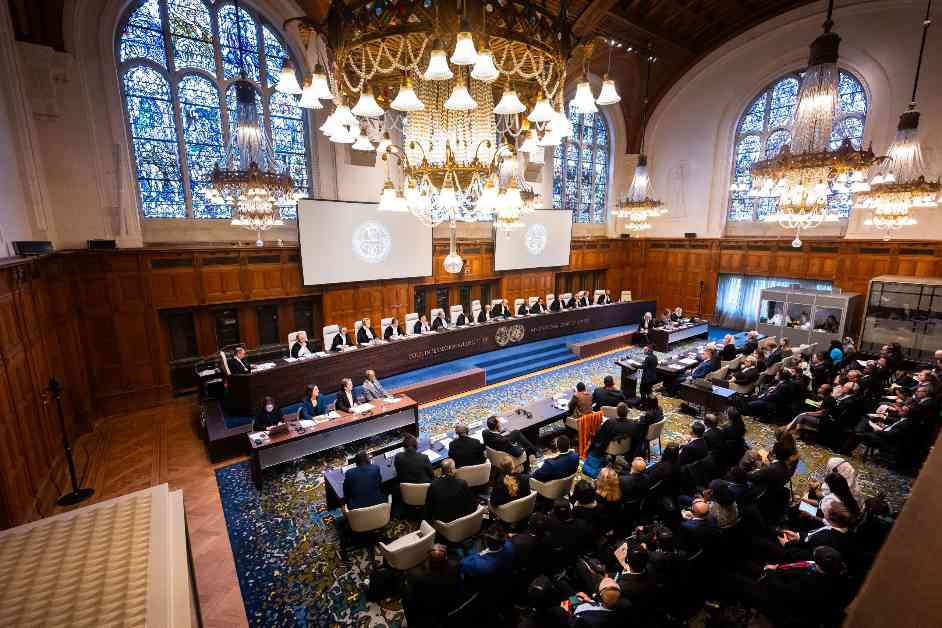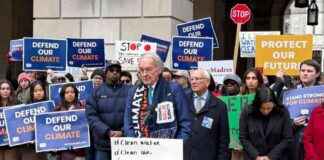The US, Saudi Arabia, and other major emitters are facing scrutiny for using climate treaties as a shield to avoid additional pressure to combat global warming. At a crucial legal hearing in The Hague, wealthy nations have invoked the Paris Agreement and other treaties to sidestep calls for increased climate action.
International Criticism
Top climate diplomats and advocates have strongly criticized the stance taken by these countries at the International Court of Justice (ICJ). They argue that existing international agreements do not absolve states of accountability for addressing climate change. The hearing, the result of years of advocacy by Pacific law students and Vanuatu’s diplomatic efforts, was spurred by a UN resolution requesting the ICJ’s opinion on states’ legal obligations regarding climate change.
Divide Among Nations
The ongoing hearing has revealed a stark divide between high-emission wealthy nations and vulnerable countries disproportionately affected by climate change. Powerful fossil fuel producers like the US and Russia are resisting calls to intensify emissions control efforts and provide reparations to impacted regions.
Paris Agreement Insufficiency
The United States, citing the Paris Agreement and UNFCCC, has argued that the current legal frameworks adequately address climate change challenges. However, critics, including experts like Laurence Tubiana, stress that these agreements should not be misused to dilute climate responsibilities. Tubiana emphasizes that the Paris Agreement was designed to bind countries to stringent climate policies aligned with the 1.5C temperature limit.
Call for Broader Legal Considerations
Many nations advocate for a comprehensive approach to climate obligations beyond existing agreements. They urge the ICJ to consider a wide range of international laws, including human rights principles related to climate change impacts. Disagreements persist on the application of environmental rights and customary international laws in the climate context.
In light of these discussions, the urgency for climate reparations is heightened, particularly after the recent COP29 outcomes fell short of expectations. The ICJ’s deliberations are expected to shape future climate litigation and international negotiations.
As the legal battle unfolds, the world watches closely to see how states reconcile their climate responsibilities with legal obligations and the imperative to address the pressing challenges of global warming.














